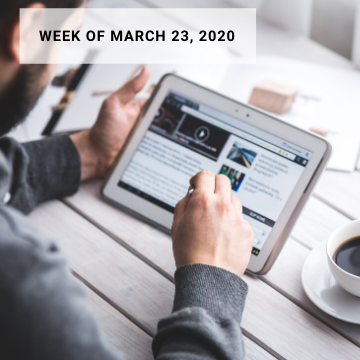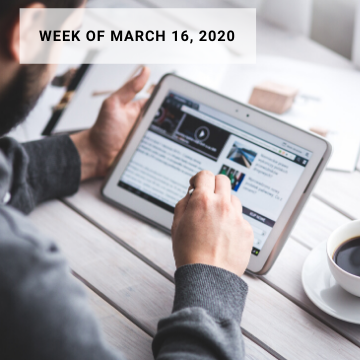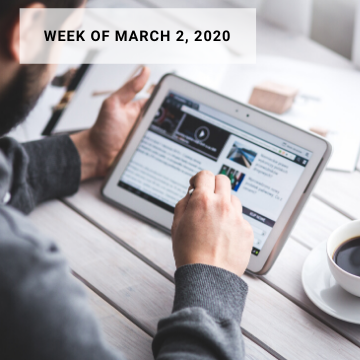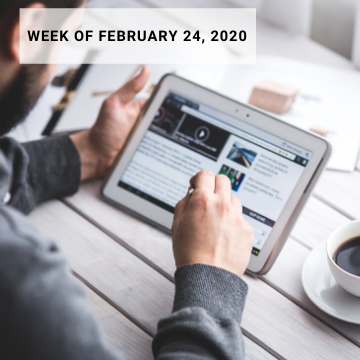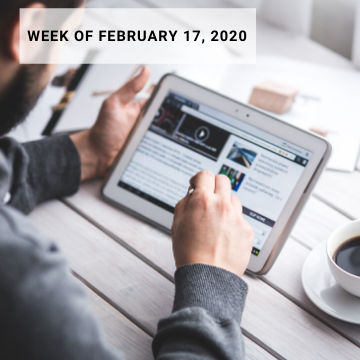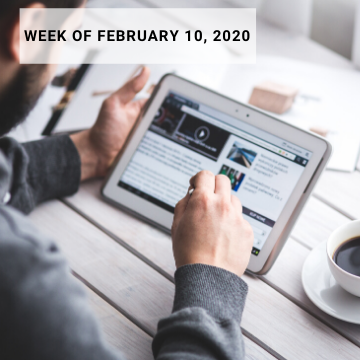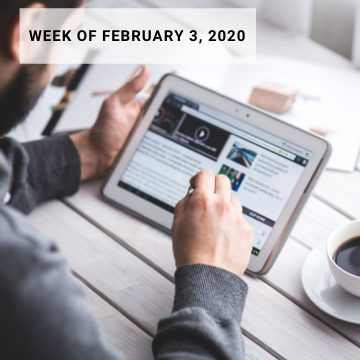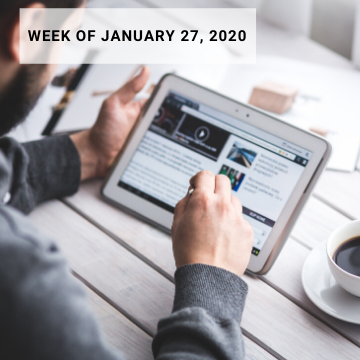You have probably recently seen plenty of articles examining what sci-fi movies and books set on the 2020s have to say about the decade. It’s something bloggers and journalists like to do at every turn of the century, with every new decade, at any time possible. Last year it was all about Blade Runner (1982) and Akira (1988). This time things are a bit more crowded, with nine years ahead to account for.
Now, we didn’t want to mindlessly throw movie plots at you without assessing their relevance and potential to become true — As we’ve seen some sites doing. No, sorry. No planet ruled by apes, no mutants, no dragons. Just a few trends and predictions that proved to be accurate or might be proven right by the time the 3030s prompt us to write a similar article.
Need tips on how to find a job in IT? Check out our IT job hunting guide.
Megacities and the wealth gap
Set in 2026, Fritz Lang’s masterpiece Metropolis (1928) depicts a futuristic city powered by advanced technology and plagued with inequality. We’re already there, folks.
The UN estimates that two thirds of the world’s population will be living in cities by 2050. That means the 2020s will see a constant increase in city development and population density. Cities will get bigger and merge with neighbouring ones. Buildings will get taller. Streets will get busier.
On top of that, inequality is on the rise on a global scale and has reached unprecedented levels. A recent UN report found that over 70% of the global population lives in countries where the wealth gap is expanding. Civil unrest like the recent Chilean protests is a familiar sight these days.
But Metropolis got another thing right: airborne transportation. Earlier this month we learned that Hyundai will be manufacturing Uber’s flying cars. The company’s air taxi service is expected to launch in the mid-2020s.
Robotic augmentations
Here’s another thing sci-fi accurately predicted. In the 2014 film Edge of Tomorrow, Tom Cruise relentlessly battles aliens with the help of a robotic exoskeleton.
While the story is set in 2020, exoskeletons have been changing the lives of people since the late 2010s. From helping construction workers lift heavy weights, to allowing a paralyzed man to run a full marathon, robotic exoskeletons are the real deal.
In fact, the U.S. Military will be getting the first shipment of Sarcos Robotics Guardian XO later this year. Just like in the movie.
Climate change and fake meat
Soylent Green is a 1973 film set in 2022 that presents a world where overpopulation, pollution and the greenhouse effect are causing a global humanitarian crisis. There are severe water, food and housing shortages, and only the extremely rich can afford a spacious apartment in a dystopian New York City.
Sounds familiar?
The movie’s title refers to an artificially produced line of meat substitutes. They are packed with protein and come in different colours. There’s Soylent Red, Soylent Yellow, and the super tasty Soylent Green. Well, it turns out that the green variant is actually made with human meat, but that’s a creepy story for another creepy day.
Interesting fact — Although plant-based burgers are all the rage in 2020, humans were producing meat substitutes as far back as 965.
Destination: Mars
Brian De Palma’s Mission to Mars (2000) tells the story of a first manned mission to Mars gone wrong. Although the movie is set in 2020 and we’re clearly not going to the red planet this year, chances are someone is before 2030.
Earlier this year, Elon Musk unveiled his plan for a SpaceX Mars mega-colony. The tech superstar wants to build 100 starships every year to send 100,000 people whenever the orbits of the two planets are aligned favourably. That amounts to 1 million people living on Mars by 2050.
Ambitious to say the least. Musk, however, has suggested that the first manned landing could be achieved by 2028. We’ll see.
Also discover our article: The IT Jobs Market of Today

